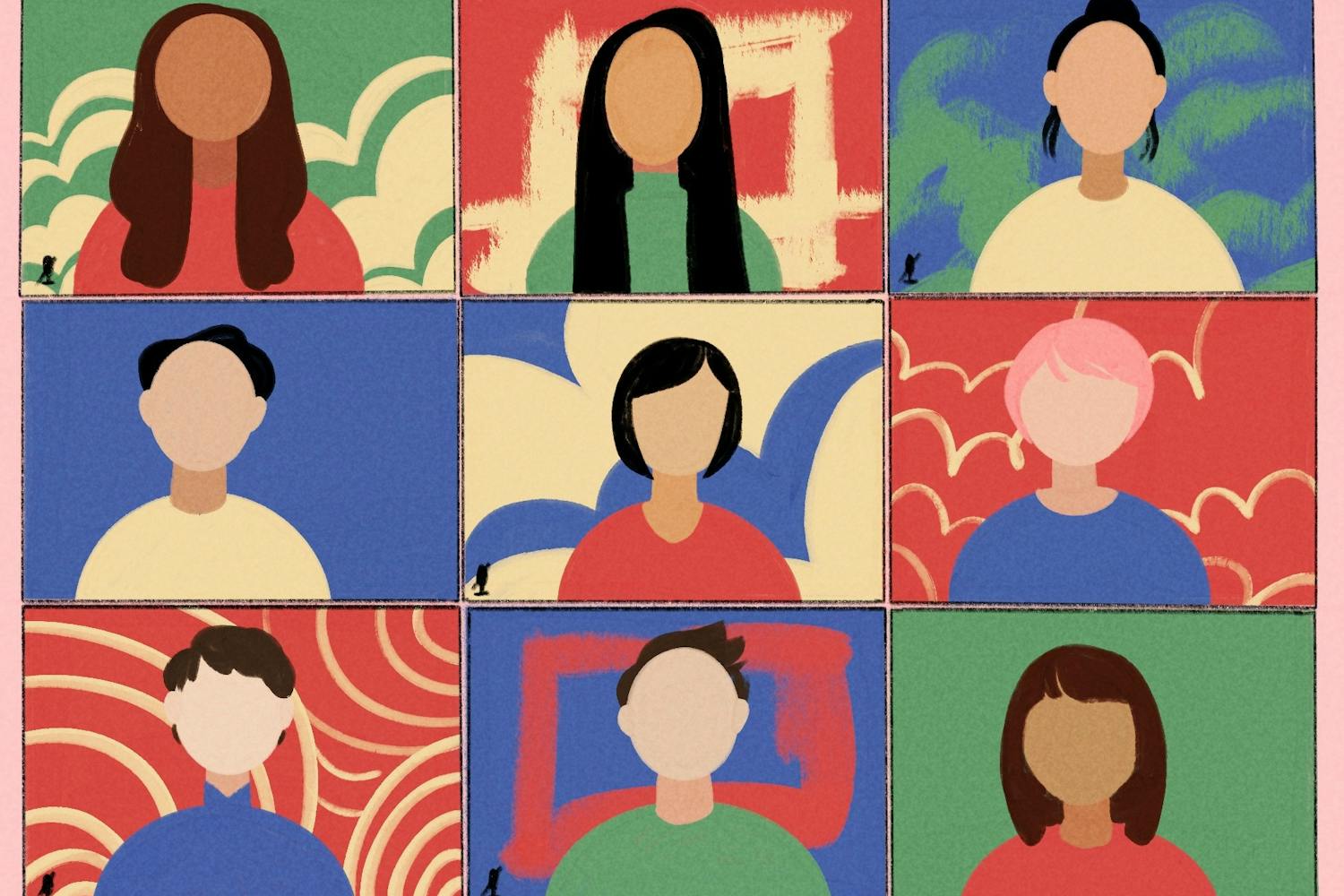Students are debating the merits of cuts in state funding to the university system, which could deepen when the state Legislature passes its budget for the 2010 year.
Students in favor of the cuts say overspending or borrowing money to cover the state’s projected $3 billion budget deficit only hurts students, who will eventually pay it back in the form of higher taxes in the long run.
“It’s not really a popular thing to say, but I think these cuts need to be done,” said College Republicans president and political science senior Ben Stewart. “If they’re not made, it’s just going to prolong problems for years to come.”
The students interviewed agreed it is important for all the state’s departments and agencies, including the University, to make financial sacrifices, but differed in their views of how much funding the universities should be willing to sacrifice.
Human communications junior and member of the Facebook group, “Students for Budget Cuts,” Chad Wolver agreed with the Legislature’s decision to cut $143 million from state universities in the 2009 fiscal year. Wolver said cuts to the University need to be made because education, both K-12 and higher education, makes up such a large percentage of the state budget.
“Education is a huge part of it, being over 50 percent of the budget,” Wolver said. “[Taxpayers] just can’t support it right now. … We need to
find a different way to raise that money.”
Undergraduate Student Government President Mark Appleton called the 2009 cuts to higher education “excessive,” and said he hopes to see significantly smaller cuts in the 2010 fiscal year.
“I don’t think anybody denies that the economy is in bad shape and that everybody needs to make sacrifices,” Appleton said. “But education is the absolute last thing that should be cut.”
Appleton said he disagrees with the view held by Wolver and Stewart that overspending on education would hurt the state’s economy in the long run. An educated workforce will be more likely to attract employers to the state, he said.
“Education is the long-term solution to the problem,” Appleton said. “In order for Arizona to be competitive, … we need an educated workforce. We’re already facing shortages in critical professions like nursing and teaching.”
Young Democrats president and political science sophomore RJ Watson said the cuts would have a negative effect on academics at ASU.
“Next year, people will see vast differences in the quality of their education,” Watson said, pointing to increased class sizes and faculty layoffs as possibilities for the next academic year.
Wolver said many students who are opposed to the cuts are shortsighted in their thinking.
“It’s because they don’t see the big picture,” Wolver said. “There’s a time to figure out what’s best for the state, what’s best for the economy and what’s best for yourself. And I think most people just look at, ‘What am I going to have to pay?’”
Watson said the proposed cuts to education will have a ripple effect, making higher education more difficult to access for Arizonans, at a time when a college education is in higher demand from employers.
“[Students] know that when education suffers, the state suffers,” Watson said.
Stewart said the economic situation would only worsen if the state and the University continue to spend more money than they make in revenue.
“We have to be more responsible with our money, or else we’re going to be in the [economic] situation we’re in for a very long time,” Stewart said.
Reach the reporter at derek.quizon@asu.edu.



